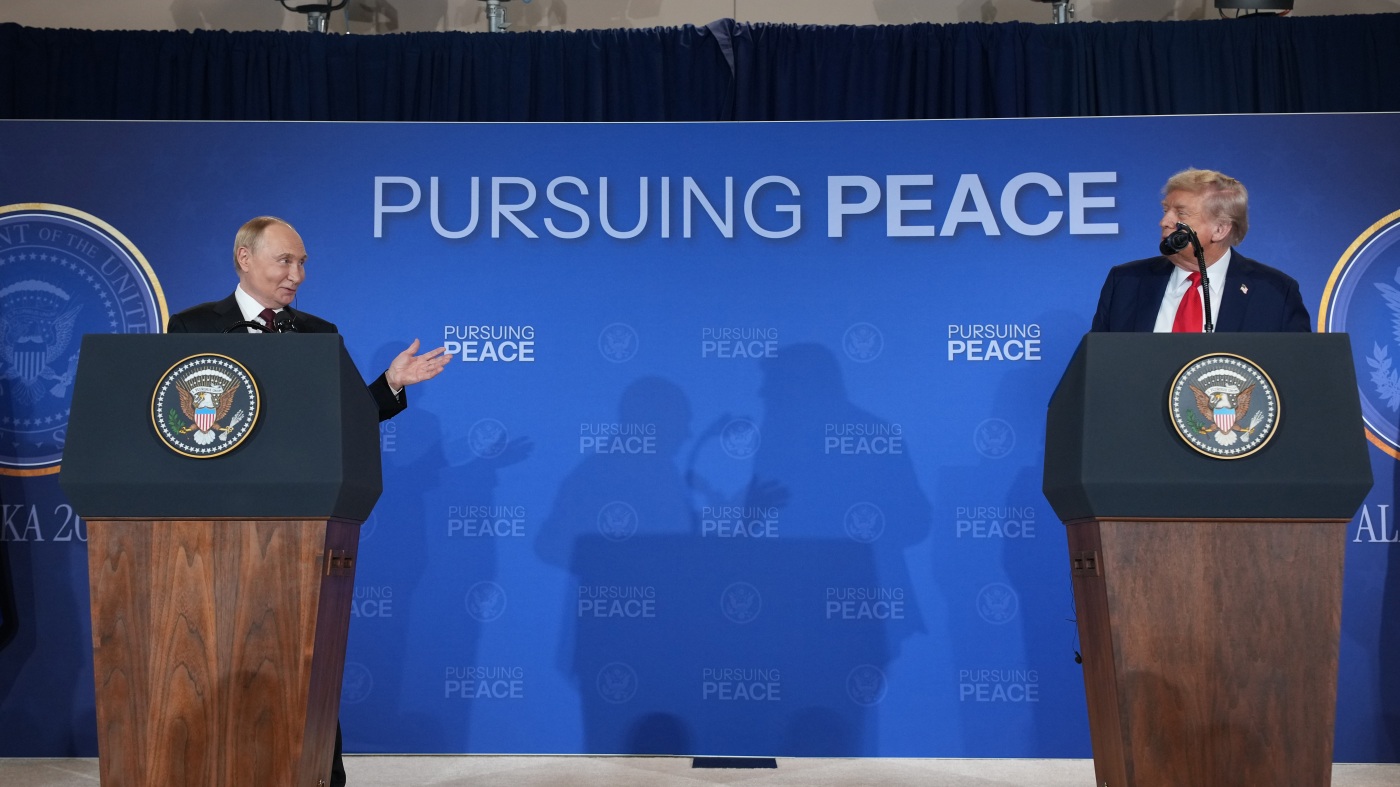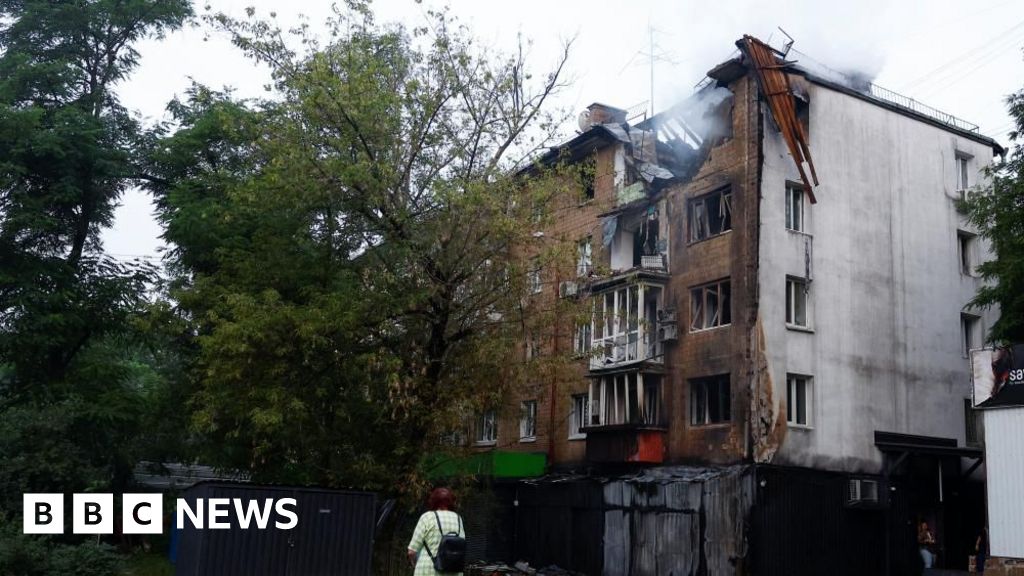Ukraine Claims Tactical Gains in Donetsk Amid Escalating Frontline Clashes

Ukraine Claims Tactical Gains in Donetsk Amid Escalating Frontline Clashes
Ukrainian President Volodymyr Zelenskiy has announced that Ukrainian forces have inflicted significant frontline losses on Russian troops in the Donetsk region, according to a report from Ukraine’s top military commander. This claim sharply contrasts with recent statements from Russian President Vladimir Putin, who addressed senior officers by emphasizing Russia’s resolve and operational successes. The divergence in narratives underscores the intense propaganda battle alongside the physical conflict, as both sides seek to shape international perceptions. Zelenskiy’s update highlights not only military progress but also the psychological importance of holding key territories, a theme echoed in past Ukrainian victories like the retaking of Lyman, which disrupted Russian supply lines and morale.
Strategic Context and Broader Implications
The Donetsk region remains a critical flashpoint, with both armies locked in a grinding war of attrition. Recent Ukrainian operations have reportedly forced Russian units to reposition, a move Moscow has framed as a tactical adjustment rather than a retreat. Meanwhile, Russian forces continue offensive pushes in other sectors, such as northern Sumy Oblast, though without clear advances. Analysts suggest that Ukraine’s ability to sustain pressure in Donetsk could influence the broader dynamics of the war, potentially limiting Russia’s capacity to mount large-scale offensives elsewhere. As the conflict enters another harsh winter, the stakes for territorial control and civilian morale grow ever higher, with each side vying to demonstrate resilience and battlefield initiative.
About the People Mentioned
Vladimir Putin
Vladimir Putin is the current President of Russia, a position he has held for multiple terms since 2000, with a brief interlude as Prime Minister from 2008 to 2012[1][3]. Born in Leningrad (now Saint Petersburg) in 1952, Putin began his career in the Soviet Union’s security services, joining the KGB in 1975 and rising to the rank of Lieutenant Colonel by the time he left in 1991, following postings in East Germany and Leningrad[4]. After the Soviet Union’s collapse, he transitioned into politics, serving as an adviser to Saint Petersburg Mayor Anatoly Sobchak and later moving to Moscow, where he held various administrative roles under President Boris Yeltsin[6]. Putin was appointed Prime Minister in August 1999 and became acting President when Yeltsin unexpectedly resigned that December[3][6]. He won his first presidential election in March 2000, promising to stabilize Russia’s economy and political system after the tumultuous 1990s[3][7]. During his initial terms, he centralized power, reasserted federal control over Russia’s regions, and curtailed the influence of the country’s oligarchs through legal and economic measures[7]. Putin was re-elected in 2004 but, due to constitutional term limits, stepped aside in 2008, becoming Prime Minister under his successor Dmitry Medvedev, while retaining significant influence[3]. Constitutional amendments later extended presidential terms, and Putin returned to the presidency in 2012[1]. Putin’s time in office has been marked by assertive foreign policy, including military interventions in Syria in support of President Bashar al-Assad and the 2014 annexation of Crimea, which led to international sanctions[1]. Domestically, his tenure has seen increased state control over media, the suppression of political opposition, and constitutional changes consolidating executive authority[1]. In 2022, Russia’s full-scale invasion of Ukraine triggered a major international crisis, further isolating Russia from the West and prompting widespread condemnation[1]. As of 2025, Putin remains a dominant figure in Russian politics, having secured another term in office through constitutional changes that allow him to potentially remain president until 2036[1]. His leadership continues to shape Russia’s domestic trajectory and its role in global affairs, amid ongoing conflict in Ukraine and strained relations with NATO and Western countries[1].


















